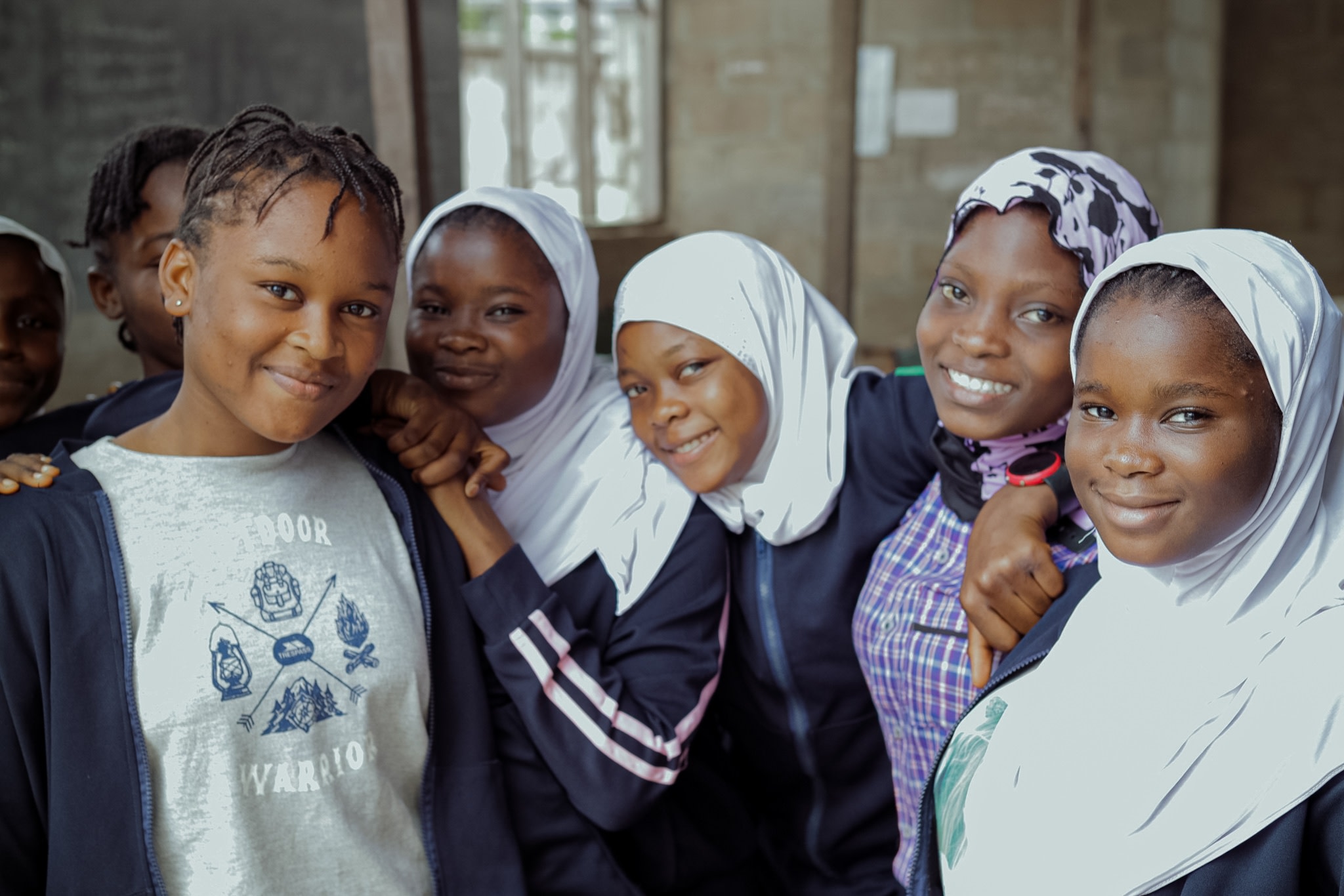
Girls’ education is in a state of emergency. Malala Fund analysis shows that leaders are not doing enough to support girls' learning. At the current pace, they will not achieve universal quality education by 2030.
In 2015, world leaders pledged to achieve universal quality education by 2030 as part of the Agenda for Sustainable Development (1). Fifteen years to ensure every child can complete free, safe, quality education.
As we approach the halfway point to the 2030 deadline, Malala Fund evaluated governments’ progress to see every girl in school against their commitments, looking at both low- and lower-middle-income countries’ efforts and support from donor countries. By considering current education data and policies, our report cards identify the ways leaders around the world are supporting or failing girls in low- and lower-middle-income countries and recommend what policies they can change and resources they can provide to help girls thrive.
Malala Fund's report cards reveal that 18% of low- and lower-middle-income countries — which are home to 4% of the world's school-aged girls — score less than 50% in our assessment of their efforts to get girls in school. Additionally, 72% of donor countries are not prioritising girls’ education.
At the current pace, leaders will not achieve universal quality education by 2030 and will instead contend with a global education emergency that will have devastating impacts for generations to come, particularly on girls and women.
Our analysis shows that inadequate government action on education, lack of solidarity between higher- and lower-income countries and weak policies are preventing girls in low- and lower-middle income countries from learning on equal terms with boys.
Girls’ education is in a state of emergency. The COVID-19 pandemic, climate change, conflict, poverty and gender discrimination are preventing millions of girls from learning. Leaders are exacerbating the situation by failing to work together and devote the attention and resources girls need. To achieve universal quality education in our lifetime, governments must raise their ambitions for girls, beginning by rectifying policy and resource gaps identified in these report cards.
